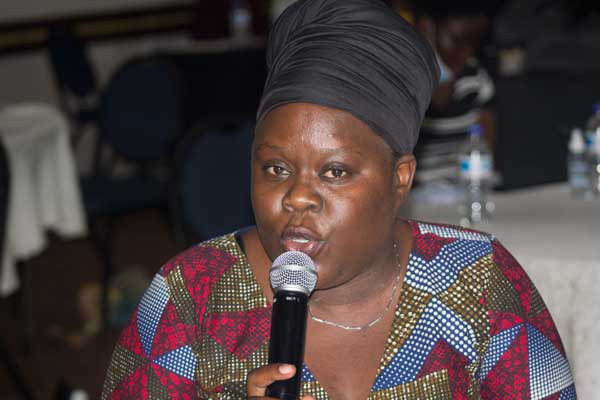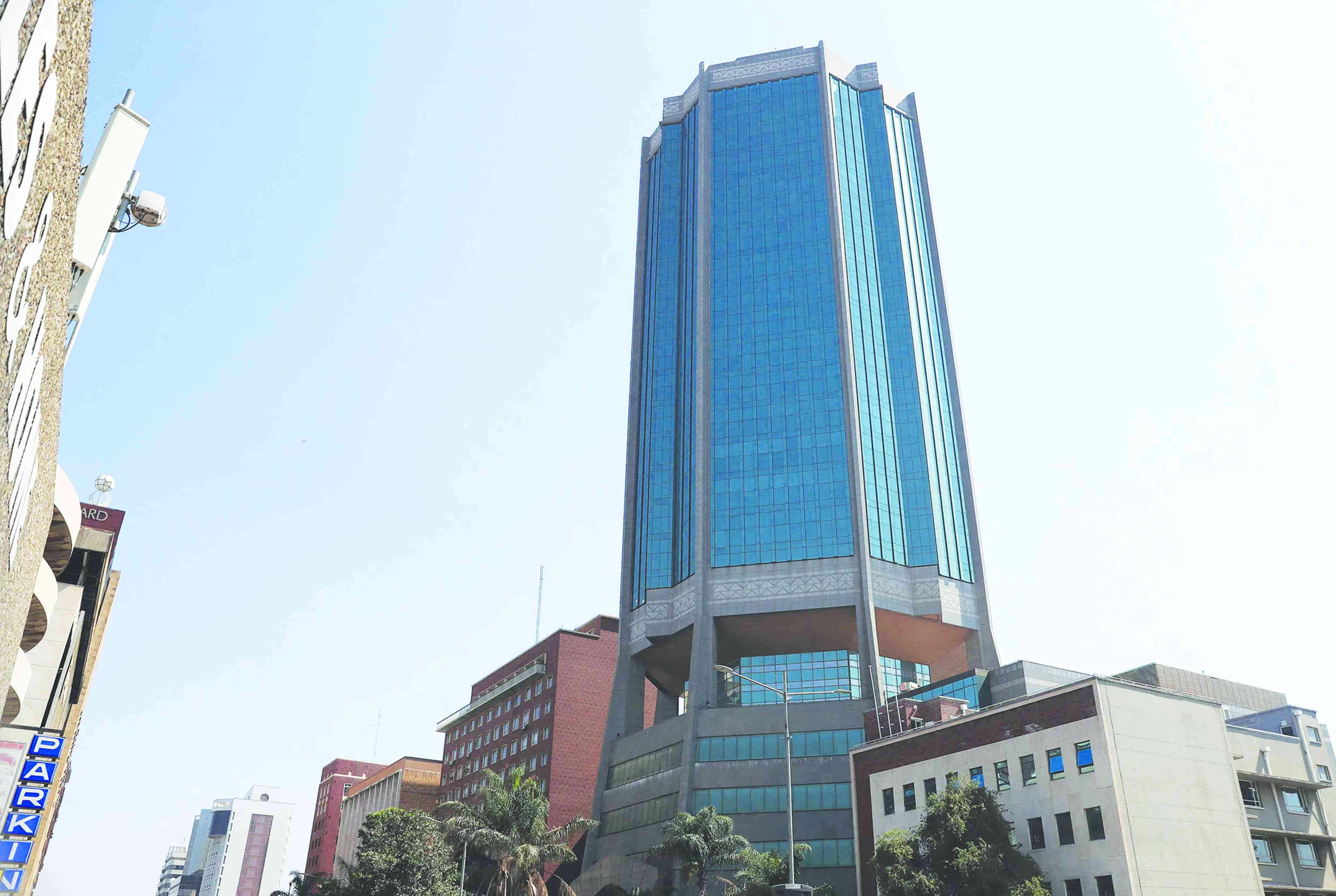
MANY of Zimbabwe’s women have seen their ambitions to ascend to political power obliterated by brutal cyberbullying, which has forced them to quit, leading analysts said this week.
So rampant is the cyberbullying scourge, which now permeates through all layers of politics from local to central government.
The analysts, who spoke as Zimbabwe raved up campaigns for general elections expected next month, were worried that even existing laws fell short of defending female politicians from cyberbullies.
Still, they said there were provisions under the Data Protection Act, which female politicians can use to fight cyberbullying.
At the end of May, President Emmerson Mnangagwa proclaimed August 23 as the date for this year’s general elections.
In wide-ranging interviews with the Zimbabwe Independent, politicians, lawyers and analysts agreed that cyberbullying was among factors pushing women out of politics. The legislation supports technical advancements and ethical use of technology.
It describes an act a of cyber-bully as: “Any person who unlawfully and intentionally uses a computer or information system, generates and sends any data message to another person, or posts any material whatsoever on any electronic medium accessible by any person, with the intent to coerce, intimidate, harass, threaten, bully or cause substantial emotional distress, or to degrade, humiliate or demean the person…or to encourage a person to harm himself or herself”.
It says those found guilty of such offences will be liable to a fine “not exceeding level 10 or to imprisonment for a period not exceeding 10 years, or to both such fine and such imprisonment”.
- Mavhunga puts DeMbare into Chibuku quarterfinals
- Bulls to charge into Zimbabwe gold stocks
- Ndiraya concerned as goals dry up
- Letters: How solar power is transforming African farms
Keep Reading
Victims of cyberbullying say this provision only exists on paper.
But in practice, it has been found wanting.
This was why women were opting to use the quota system route, an affirmative action system which came into force through the 2013 Constitution. It awards 60 seats in the national assembly to women, based on a proportional representation system.
Political scientist and public policy analyst Teddy Ncube said due to cyberbullying, married women interested in political office were preferring to protect their families at the expense of their passion.
“Cyber bullying can be used to eliminate competition,” Ncube said.
“Unfortunately, women are more prone to cyberbullying than men.”
In 2021 and 2022, Labour, Economists and African Democrats party president Linda Masarira was flooded with cyberspace bullying on the social media.
Masarira told the Independent that venturing into politics attracted name-calling for female candidates.
“Unfortunately, the Zimbabwe Republic Police is not fully equipped to deal with cyberbullying matters and technology-related crimes,” Masarira said.
But Transparency International Zimbabwe research and legal officer Thubelihle Ncube said the implementation of this legislation will clash with rights related to freedom of speech and expression, which are enshrined in the Constitution.
“Laws have been there and will always be there,” she said this week.
“But the issue boils down to stereotypes, which we have in society. Women will face more scrutiny than their male counterparts,” Ncube said.
The 2018 Gender Links report said the number of female legislators dropped to 31% that year, from 34% in 2013.
This was despite the introduction of the proportional representation system.
The decline was also noted in the local government system, which saw female participants dropping by two percentage points to 14% in 2018, compared to 16% in 2013.
At local government level, 6 694 candidates from 38 political parties ran for office in 2018.
Of these, only 1 156 were women and 5 538 were men, according to official data.
Women thus made up 17% of the total and men 83%.
Masarira said marriage and cultural biases were also driving women out of politics.
Women’s Academy for Leadership and Political Excellence (Walpe) recently indicated that lack of financial power also kept women from seeking political office.
“The high nomination fees announced by the Zimbabwe Electoral Commission remain a stumbling block to women’s ascendancy to leadership,” Walpe said.
“The astronomical fees require presidential candidates to pay US$20 000, members of parliament US$1 000, senators and councillors US$100 each which is beyond the reach of many female candidates.”
The Constitutional Court has, however, ruled against these fees and ordered that they must be reviewed.
“The final candidate list release by Zimbabwe Electoral Commission show that they both fielded less than 12% of women out of total number of 210 National Assembly constituencies being contested,” Walpe said.
“Zanu PF fielded 23 women (11%), while CCC has only 20 women candidates (10%) for Parliamentary seats.
“This in itself is a clear violation of Section 17, 56 and 80 of the Constitution which call for gender equality in all sectors including.”
Mpofu is a 2023 Womentorship fellow. This article was published with support from Friedrich Naumann Foundation through its Womentorship Fellowship Programme targeting young and upcoming female journalists. The programme was designed in 2021 after a realisation that female journalists occupy a few leadership positions. Its objective is to capacitate female journalists to ensure gender balance in the newsrooms, while creating a safe space for them.











